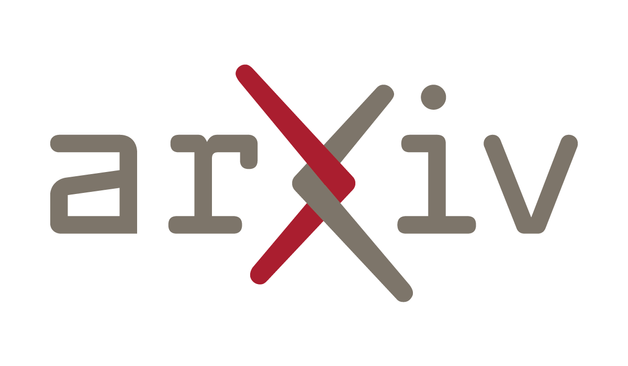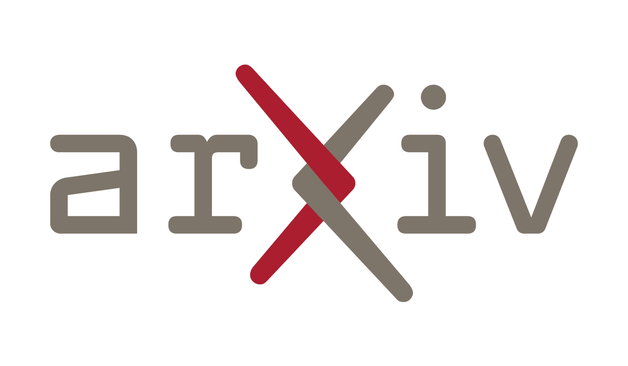Day 22: Yuki Urushibara
I've got a few more mangaka left on my short list, and might very well get to at least one more, but Urushibara is the author of Mushishi and anyone who knows either the manga or anime understands immediately why she appears here.
Mushishi is a "seinen" anime, which means it's written for adults, not children or teenagers (although it's very accessible for all ages). It deals with a vast array of life's circumstances through the lens of a traveling mushi expert and the various whimsical supernatural creatures he is called on to deal with. He's not an exorcist though, instead understanding that humans must live in harmony with the mushi, and working like an ecologist to sort things out. As is probably obvious, Urushibara is an incredible world-builder; she's also a top-notch artist and above all, her stories are overflowing with kindness, humanity, and respect for the natural world.
Besides Mushishi, I've read "Suiiki", and it's one of the few manga I stumbled through in the original Japanese, which says a lot given my limited reading vocabulary (and the fact that it doesn't include rubi). It weaves the supernatural into a story of childhood innocence and curiosity in a lovely way.
Much like Shirahama who I mentioned earlier, Urushibara's stories are full of gentle wisdom for all ages, but Urushibara's work is quieter and less dramatic, with an adult main character confident in his expertise instead of a young-and-learning protagonist.
#30AuthorsNoMen


















































































